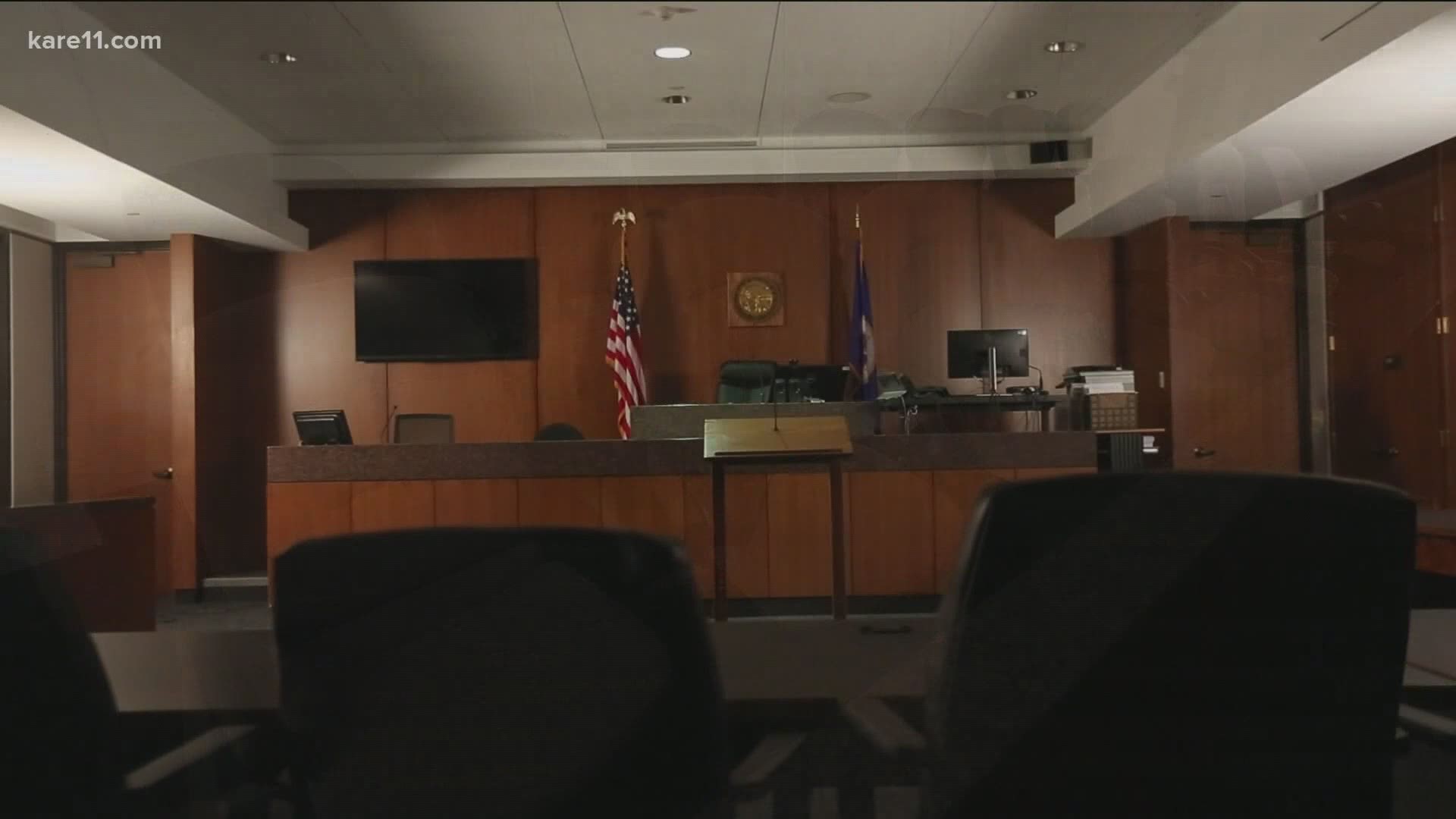MINNEAPOLIS — The Minnesota Court of Appeals has ruled that a district judge erred in refusing to reinstate a third-degree murder charge against former Minneapolis police officer Derek Chauvin.
Chauvin's trial on the current charges of second-degree murder and second-degree manslaughter in the death of George Floyd starts Monday morning.
Prosecutors initially charged Chauvin with third-degree murder as well, but the defense asked to have the charge dropped for lack of probable cause. The judge agreed.
On Friday, the court of appeals reversed the trial judge's decision to deny the prosecution's request to reinstate the charge.
Third-degree murder is a complicated charge that has a legal history of only being applied in situations where the "death-causing act" is more broad and not directed at a single person. However, former Minneapolis police officer Mohamed Noor was convicted on this charge for fatally shooting Justine Ruszczyk Damond, and the Minnesota Court of Appeals recently upheld that charge, saying that it can indeed apply when the death-causing act is directed at an individual.
At that point, prosecutors asked the judge to reinstate the charge for Chauvin, as well. But the judge denied their request, saying that the appeals court's ruling is not precedential yet. He said the decision will not be final until Noor decides not to appeal to the state Supreme Court within the window allotted, or the state Supreme Court either hears it or declines to review.
Noor has appealed to the Minnesota Supreme Court, and the court has indicated it will hear his case in June.
The state appealed the judge's ruling in the Chauvin case, and the Minnesota Court of Appeals heard arguments on Monday. Prosecutors argued that the Court of Appeals rulings are precedential as soon as they are issued, and are only reversed if and when the state Supreme Court overrides them. The defense maintained that the decision is not precedential until it is final.
On Friday, the Minnesota Court of Appeals issued an opinion saying that the precedent set in the Noor case was binding authority when it was filed. Therefore, Presiding Judge Michelle Larkin wrote that District Judge Peter Cahill erred when he refused to reinstate the third-degree murder charge.
The appeals court reversed Cahill's order and said the district court needs to reconsider the state's motion to reinstate third-degree murder.
Larkin wrote that the judge can consider any additional arguments from Chauvin's defense, but his decision "must be consistent with this opinion."
The defense will now have an opportunity to appeal the decision to the state Supreme Court. If that happens, it's possible that Chauvin's trial could be delayed.

